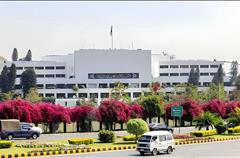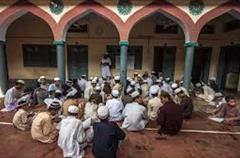In an exciting development for the education sector, the Punjab School Education Department has announced the addition of three new matriculation groups. Starting from the academic session 2025-26, students in Punjab will have the option to choose from Health Sciences, Agricultural Sciences, and Fashion Designing in addition to the existing Science and Arts groups.
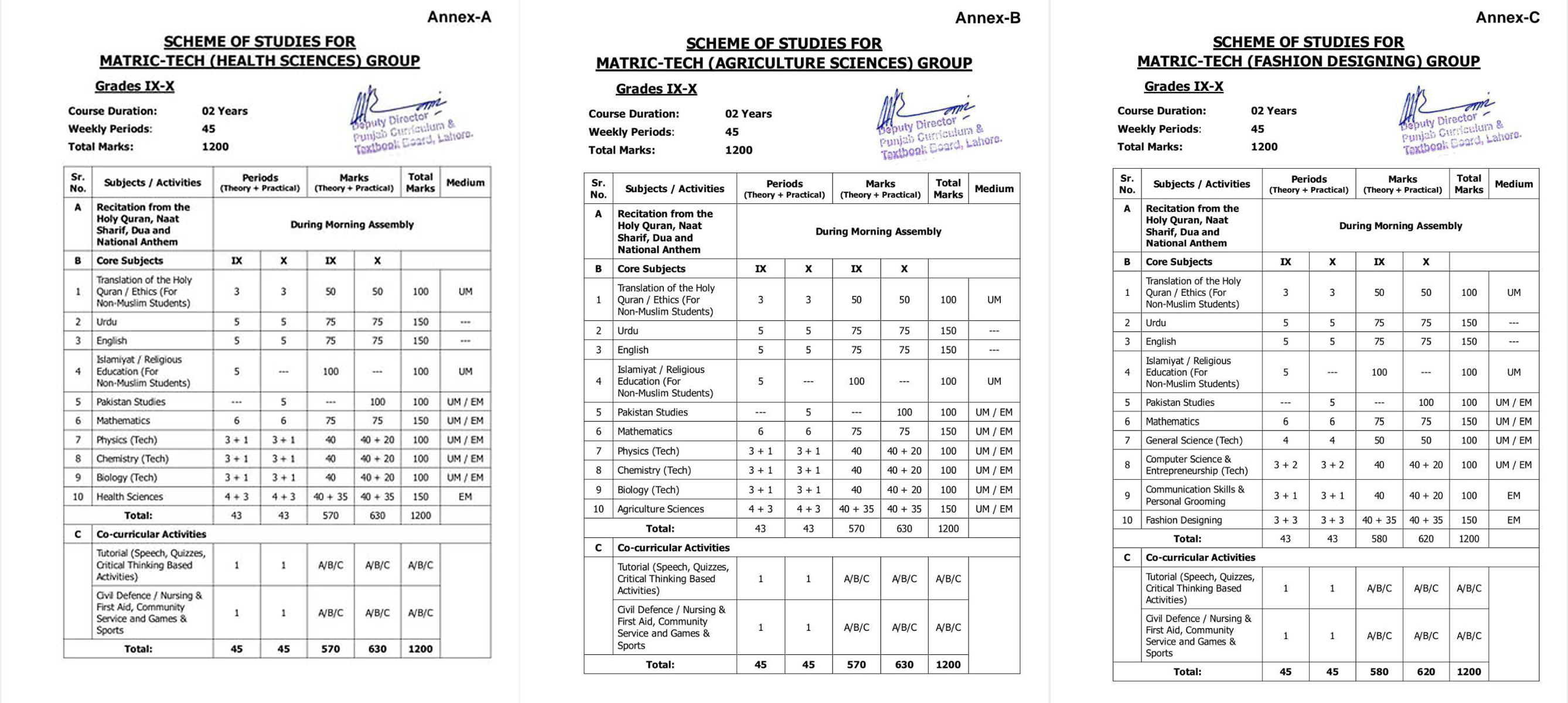
A Step Toward Educational Diversity
The new initiative aims to diversify educational opportunities at the matric level and provide students with career-focused learning paths. This landmark decision, introduced under the directives of the Chief Minister of Punjab, is set to reshape the educational landscape of the province.
Key Highlights of the Announcement:
-
Three New Groups:
-
Health Sciences
-
Agricultural Sciences
-
Fashion Designing
-
-
Implementation Year: Academic session 2025-26
-
Choice of Group: Students will select their preferred group upon entering the 9th grade.
-
Focus on Careers: Each new group has been designed to align with specific career pathways and emerging industry demands.
Subject Lists for New Groups
The School Education Department has released preliminary subject lists for these groups, ensuring that the curricula align with industry and academic standards. Below is an overview of the expected subjects for each group:
| Group | Core Subjects | Specialized Subjects |
|---|---|---|
| Health Sciences | Biology, Chemistry, Physics | Anatomy, Physiology |
| Agricultural Sciences | Biology, Chemistry, Agricultural Basics | Soil Science, Crop Management |
| Fashion Designing | Mathematics, English, General Science | Textile Design, Pattern Making, Sewing Basics |
Why These New Groups Matter
The introduction of these groups is a forward-thinking approach to meet the evolving educational needs of students and prepare them for future career opportunities. Below are some of the potential benefits:
1. Catering to Diverse Interests
-
Students who are not inclined toward traditional Science or Arts streams can now explore fields that align with their interests and aspirations.
2. Skill-Oriented Learning
-
The new groups emphasize practical and skill-based education, fostering a more hands-on learning environment.
3. Meeting Market Demands
-
Industries such as healthcare, agriculture, and fashion are growing rapidly. These groups aim to bridge the gap between education and market requirements.
Implementation Plan
The government has outlined a structured implementation plan to ensure the smooth integration of these new groups:
Data Collection
-
Survey by CEOs and DEOs: Data on student preferences is being collected by Chief Executive Officers (CEOs) and District Education Officers (DEOs) to assess the demand for each group.
Curriculum Development
-
Textbook Preparation: The printing of textbooks will be aligned with the number of enrolled students in each group.
Teacher Training
-
Specialized Training Programs: Teachers will undergo professional training to effectively deliver the specialized curricula.
Anticipated Challenges and Solutions
While the initiative is commendable, it may face certain challenges. Below are the key challenges and proposed solutions:
| Challenge | Proposed Solution |
| Lack of awareness among students and parents | Awareness campaigns in schools and media |
| Insufficient trained faculty | Comprehensive teacher training programs |
| Limited resources in rural areas | Equitable resource allocation |
| Textbook availability | Timely printing and distribution plans |
Perspective from Experts
Educational experts and policymakers have lauded the initiative as a significant step toward modernizing education in Punjab. According to a spokesperson for the School Education Department:
“This initiative will provide students with the opportunity to explore diverse subject areas and make informed career choices at an early stage in their academic journey.”
Explore Educational News
Related News
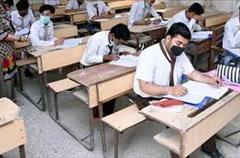
Punjab Increases Registration Fee for Matric
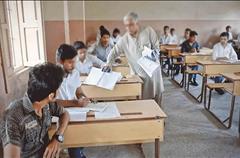








.gif)








1.jpg)



